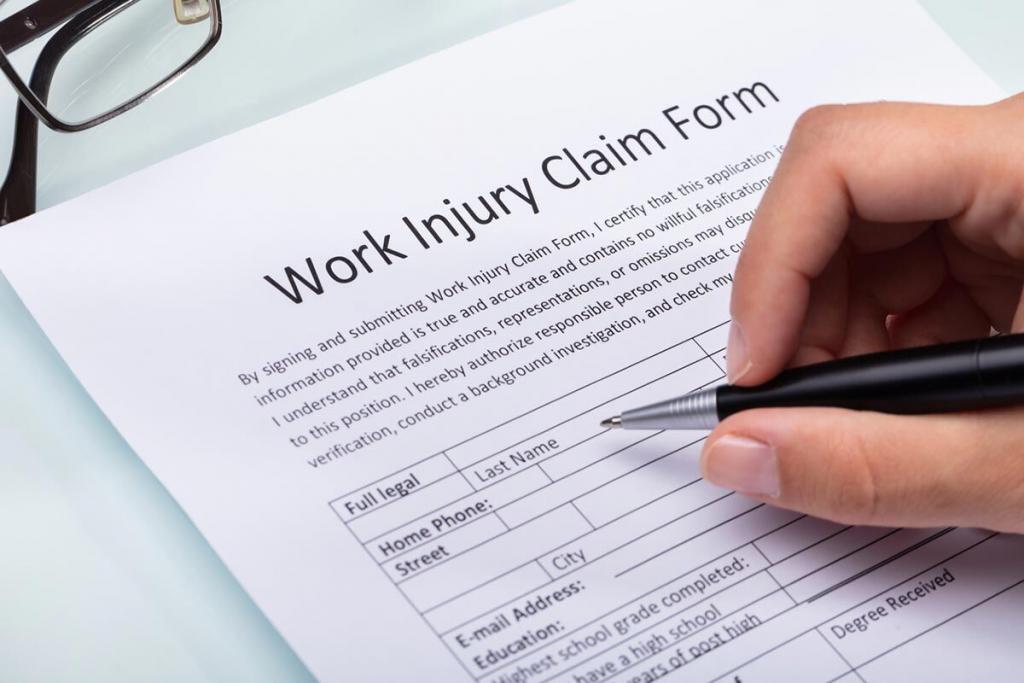Reporting a Work Injury to Your Employer
Employment Workers' Compensation Accident & Injury
Summary: Because workers' compensation laws can be quite complex, it’s best to speak with an experienced St. Louis workers compensation lawyer who can tell you what your chances are of receiving benefits for your injuries.

The law is clear: if you suffered a work-related injury while performing work duties during your agreed schedule, then you are generally eligible to receive workers’ compensation. However, there are certain procedures to follow when making your claim, and reporting your injury in time is one of the first conditions to meet.
The time period needed to report your injury depends on the state you work in. In Missouri, there are two different time-frames to take into consideration:
- 30 days to report your injury to your employer
- 2 years to file a formal claim to the Division of Workers’ Compensation
We will explain below how each of them works.
How to Report Your Work Injury to Your Employer
If you have suffered a work-related injury while performing your work duties or if you start noticing symptoms of a condition triggered by your work conditions, it’s very important to notify your employer about it as soon as possible.
While most people find it the easiest to communicate verbally with their superiors, you must file this report in writing, as it will serve as a future point of reference in your workers' compensation claim.
As soon as you can after suffering your injury, write down a report addressed to your employer and include the following information:
- Your full name and address
- The time, date and place of your work accident
- The circumstances of your accident: narrate what happened, concisely and not including personal thoughts about it (like assuming who is at fault, expressing regret, etc.)
Besides sending a report to your employer, you must also file a claim to receive workers’ compensation.
Statute of Limitations in Missouri
In Missouri, you have 30 days to report your work-related injury to your employer. If you have exceeded these 30 days before reporting your injury, your employer might try to convince you that any action is futile. You should still file a formal claim under the statute of limitations, which is two years from when the injury occurred.
While in other states the workers’ comp claim would be made by your employer, if you work in Missouri, you will have to file the claim yourself. Make sure you do that within two years from the moment of the injury. Carefully fill out this form and wait for the response of the authorities. We strongly recommend consulting a St. Louis workers compensation attorney before you file your claim to make sure you don’t make any mistakes.
After the two-year statute of limitations has passed, you are at great risk of being denied compensation, therefore you might have to pay your medical bills out of pocket and suffer the consequences of reduced productivity or not being able to work at all.
Speak With a Workers Compensation Attorney ASAP
Because workers' compensation laws can be quite complex, it’s best to speak with an experienced St. Louis workers compensation lawyer who can tell you what your chances are of receiving benefits for your injuries. Even if you were late filing a report on your injury, your attorney might know about certain windows of opportunity or certain exceptions that can apply to your situation.
More Resources:
Do I Need a Lawyer For Workmans Comp?
Law Office of James M. Hoffmann
2001 S Hanley Rd #325
St. Louis, MO
63144
Phone: (314) 361-4300
 by
by